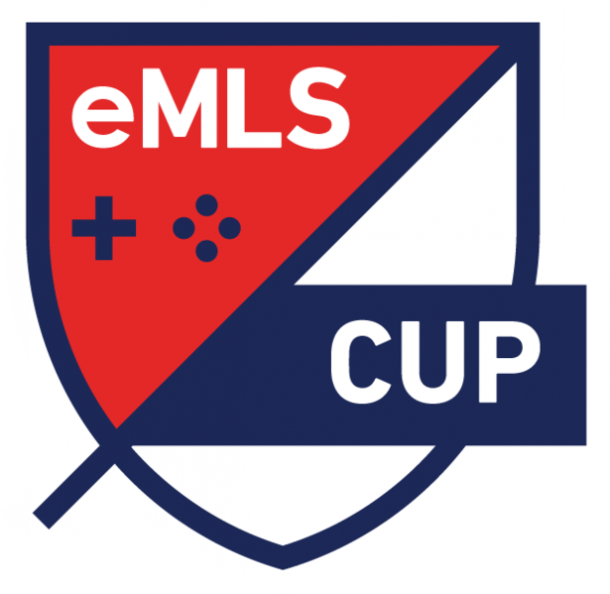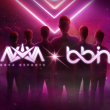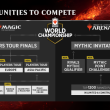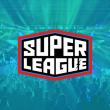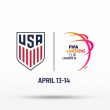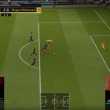Major League Soccer signs one year partnership with Twitch
Major League Soccer (MLS) has announced a one-year broadcasting partnership with Twitch. Starting next month, MLS will start streaming the second season of their eMLS Cup, their esports league in conjunction with EA Sports’ FIFA franchise. The eMLS Cup began last year and works as a qualifier to the FIFA eWorld Cup, while partnering with 22 of the 24 existing MLS teams.
Chris Schlosser, Senior vice president of MLS Digital said: “FIFA is one of the main generators of the fans that we have. If you look at it historically – radio built baseball, television built the NFL and NBA, and the internet is building soccer.”
Interestingly, the partnership could also include content outside of the eMLS Cup, featuring highlights or media produced by the teams, or clips of MLS games. This would mirror what other sports associations are doing as well, with the NBA streaming on Twitch with the 2K League as well as the G League, the minor developmental league that feeds into the NBA itself. In addition, we’ve seen the big streamers such as Tyler ‘Ninja’ Blevins and Timthetatman stream Thursday night NFL action live with their respective communities watching & commenting to great success.
Jason Levien, DC United Chief Executive and Managing General Owner said: “We are looking to do some esports events – this is something we are taking a hard look at. All of esports is a dramatically growing industry. It’s an opportunity to engage our current fans and connect with some younger sports fans who don’t know as much about DC United. It’s an exciting opportunity for us to grow our fanbase more than anything.
The 2019 season of the eMLS Cup begins on March 30th, at PAX East in Boston.
Esports Insider says: It’s exciting to see more traditional sports begin the transition onto Twitch, both with new products such as the eMLS Cup as well as the potential of live sports. With the infrastructure and stability of major sports leagues, it could dramatically affect how esports teams grow and are organised as mainstream sports teams take a closer look at the esports scene overall. It’s yet another example of the ever-increasing convergence of traditional sports and esports properties.

